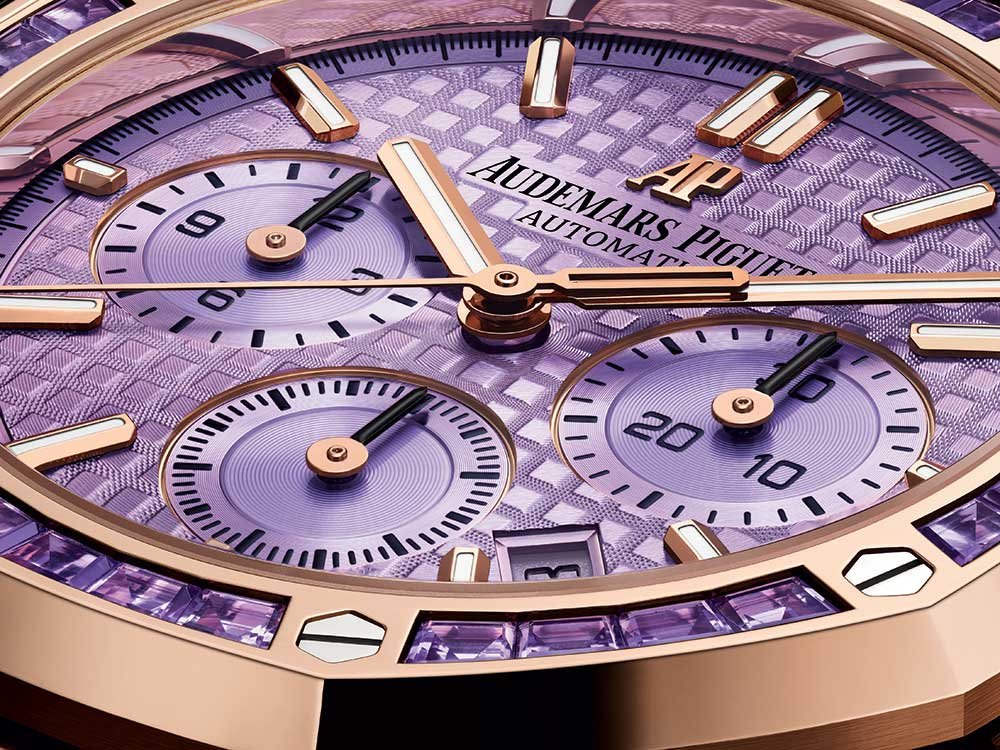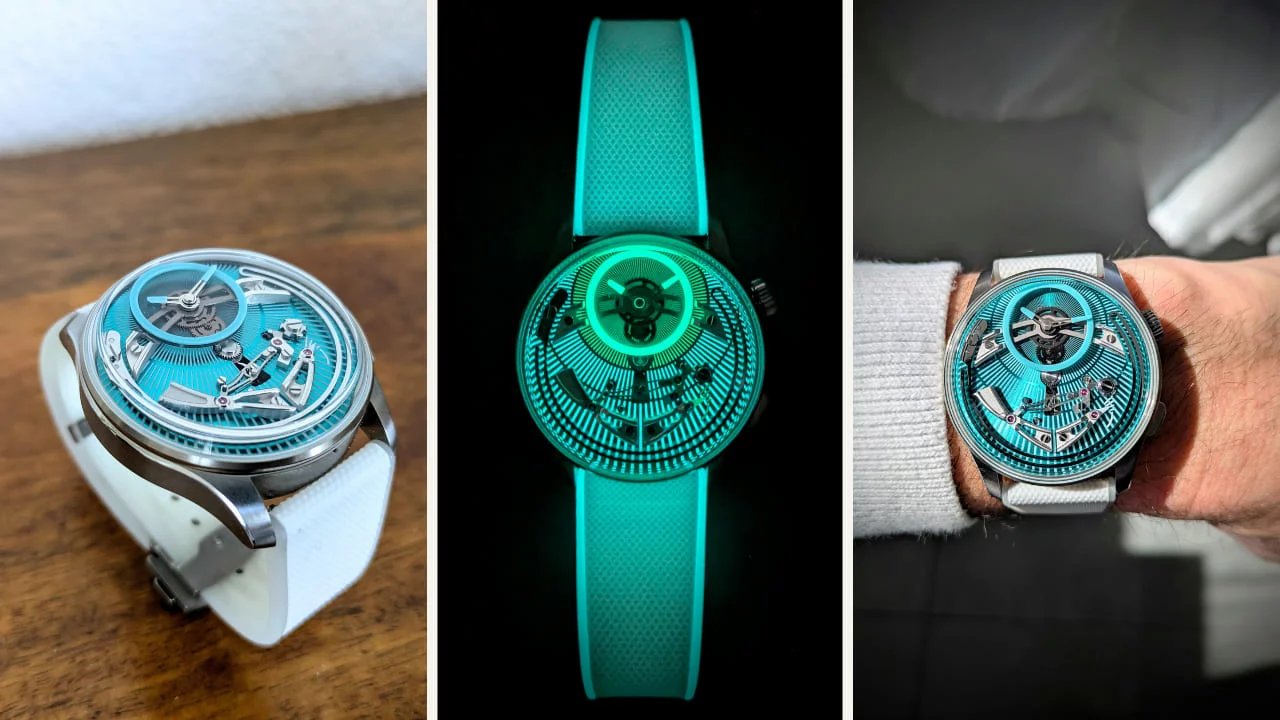Key Takeaways
Watches can be considered as both jewelry and functional timepieces. While they serve the primary purpose of telling time, they also possess elements of elegance and style, making them a popular choice for accessorizing. Although some may argue against watches being classified as jewelry, their aesthetic appeal, use of precious materials, and intricate craftsmanship make them deserving of this status.
Watches as Jewelry: An Overview
Watches have evolved significantly over the years, transitioning from mere timekeeping devices to fashionable accessories. While jewelry is traditionally associated with decorative personal ornaments, watches have managed to bridge the gap between functionality and fashion.
When examining whether watches qualify as jewelry, several factors come into play:
1. Aesthetic Appeal
One of the defining characteristics of jewelry is its ability to enhance a person’s appearance. Similarly, watches are designed to add an element of style and sophistication to an outfit. From sleek and minimalist designs to intricate and ornate timepieces, watches possess an aesthetic appeal that aligns with the essence of jewelry.
Keywords: aesthetic appeal, enhance appearance, style, sophistication
2. Use of Precious Materials
Jewelry often incorporates precious materials such as gold, silver, diamonds, and gemstones. Similarly, luxury watches frequently feature these materials as well. High-end watch brands utilize precious metals like gold and platinum for watch casings, while diamonds and gemstones are often used for hour markers or as decorative elements on the dial or bezel. This use of precious materials further blurs the line between watches and traditional jewelry.
Keywords: precious materials, gold, silver, diamonds, gemstones, luxury watches
3. Craftsmanship and Design
The craftsmanship and design of watches are crucial factors in determining their classification as jewelry. Just like fine jewelry pieces, watches undergo meticulous design processes and require skilled craftsmanship. From the intricate movements inside the watch to the delicate engravings on the case, watches exhibit the same level of attention to detail and craftsmanship seen in traditional jewelry.
Keywords: craftsmanship, design, intricate movements, delicate engravings
4. Emotional and Sentimental Value
Jewelry often holds sentimental value, representing milestones, relationships, or personal achievements. Similarly, watches can hold great emotional significance. They can be heirlooms passed down through generations or reminders of special moments in one’s life. This emotional attachment further solidifies the argument that watches can indeed be considered as jewelry.
Keywords: emotional value, sentimental value, heirlooms, special moments
Counterarguments Against Watches as Jewelry
While the aforementioned points highlight the jewelry-like qualities of watches, it is important to acknowledge the counterarguments:
1. Primary Function
Unlike traditional jewelry, watches serve a primary function of telling time. Some argue that the utilitarian purpose of watches sets them apart from jewelry, which is primarily worn for adornment.
Keywords: primary function, telling time, utilitarian purpose, adornment
2. Market Categorization
In the retail market, watches and jewelry are often categorized separately. This separation can be attributed to the historical distinction between timekeeping devices and decorative accessories.
Keywords: market categorization, retail market, timekeeping devices, decorative accessories
FAQs (Frequently Asked Questions)
Can watches be considered a form of jewelry?
Yes, watches can be considered a form of jewelry. While they serve the primary function of telling time, watches also possess aesthetic appeal, utilize precious materials, showcase craftsmanship, and often hold sentimental value, all of which align with the essence of jewelry.
What distinguishes watches from traditional jewelry?
Watches are primarily distinguished from traditional jewelry by their primary function of telling time. While jewelry is primarily worn for adornment, watches serve as both functional timepieces and fashion accessories.
Are all watches considered as jewelry?
While watches possess jewelry-like characteristics, not all watches can be considered as jewelry. The distinction lies in the use of materials, design, craftsmanship, and the overall aesthetic appeal. Luxury watches that exhibit these qualities are more likely to be classified as jewelry.






